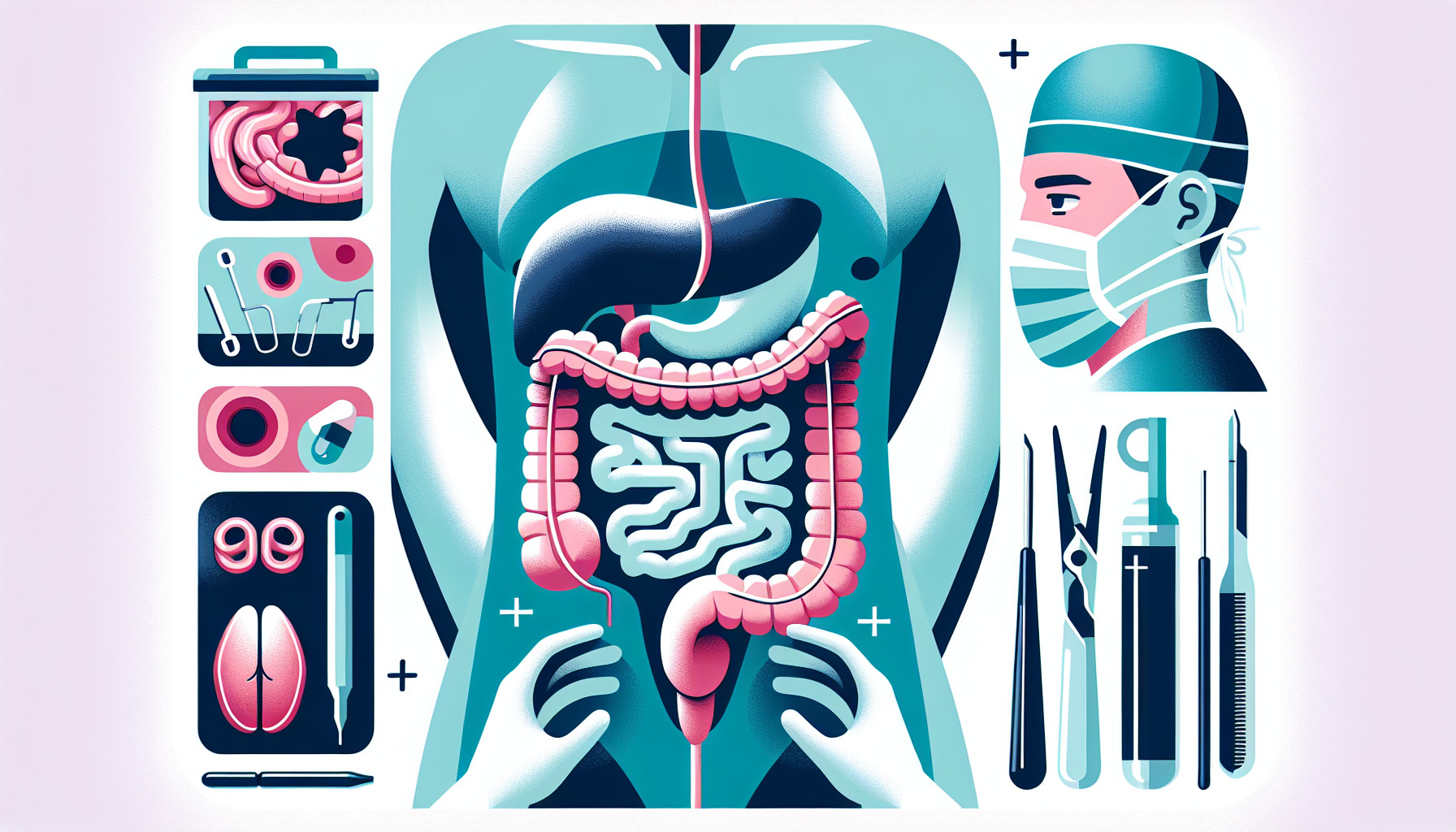Our Summary
This research paper talks about a medical condition known as intestinal failure-associated liver disease (IFALD), which affects children with intestinal failure. This disease damages the liver and requires a transplant of both the liver and the intestine. While in many countries this double transplant is performed using organs from a deceased donor, this has never been done in Japan before, and the specific steps of the procedure aren’t well-documented. The authors of this paper have recently carried out this double transplant successfully in two premature babies suffering from IFALD, using organs from the same deceased donor. These are the first two cases of such a procedure in Japan. The paper goes on to discuss the key parts of the surgery and the care that needs to be taken after the operation.
FAQs
- What is intestinal failure-associated liver disease (IFALD) as mentioned in the article?
- What is the significance of these first two cases of simultaneous split liver and intestinal transplantation in Japan?
- What were the key aspects of the surgical and perioperative management for these transplantations?
Doctor’s Tip
One helpful tip a doctor might tell a patient about intestinal transplant is to follow a strict medication regimen after the transplant to prevent rejection of the new organ. It is important to take immunosuppressant medications as prescribed and attend all follow-up appointments with healthcare providers to monitor for any signs of rejection or complications. Adhering to this medication regimen is crucial for the success of the transplant and overall health of the patient.
Suitable For
Patients who are typically recommended for intestinal transplant include those with intestinal failure-associated liver disease (IFALD) who have suffered liver damage due to long-term parenteral nutrition. These patients may require transplantation of both the liver and intestine to improve their quality of life and overall health. Additionally, patients with severe intestinal diseases or damage that cannot be managed with other treatments may also be candidates for intestinal transplant. In some cases, pediatric patients with congenital abnormalities or diseases affecting the intestines may also be recommended for intestinal transplant.
Timeline
- Before intestinal transplant:
- Patient is diagnosed with intestinal failure-associated liver disease (IFALD) and requires transplantation of both liver and intestine.
- Patient undergoes thorough evaluation and assessment to determine eligibility for transplant surgery.
- Patient is placed on the waiting list for a suitable deceased donor for both liver and intestine.
- Patient may experience complications and deteriorating health while waiting for a suitable donor.
- After intestinal transplant:
- Patient receives a simultaneous split liver and intestinal transplant from a deceased donor.
- Patient undergoes intensive post-operative care and monitoring in the hospital.
- Patient’s body adjusts to the new organs and begins the process of recovery.
- Patient undergoes rehabilitation and follow-up care to ensure the success of the transplant.
- Patient may experience complications or rejection of the transplanted organs, requiring further treatment and management.
- Patient gradually resumes normal activities and enjoys improved quality of life with functioning liver and intestine.
What to Ask Your Doctor
- What are the risks and potential complications associated with intestinal transplant surgery?
- How long is the recovery process after an intestinal transplant and what can I expect during this time?
- What medications will I need to take after the transplant and what are the potential side effects?
- How will the transplant impact my diet and nutritional needs?
- How often will I need to follow up with the transplant team for monitoring and check-ups?
- What support services are available for intestinal transplant patients, such as nutrition counseling or mental health support?
- What are the long-term outcomes and success rates for intestinal transplants?
- How will the transplant impact my ability to travel or participate in certain activities?
- Are there any restrictions or lifestyle changes I will need to make after the transplant?
- What can I do to optimize my chances of a successful transplant and recovery?
Reference
Authors: Okamoto T, Ogawa E, Okajima H, Masano Y, Okumura S, Yamamoto M, Uebayashi EY, Suga T, Hiejima E, Yamamoto S, Haga H, Ito T, Hatano E. Journal: Surg Today. 2025 May;55(5):716-722. doi: 10.1007/s00595-024-02923-w. Epub 2024 Aug 21. PMID: 39168880
